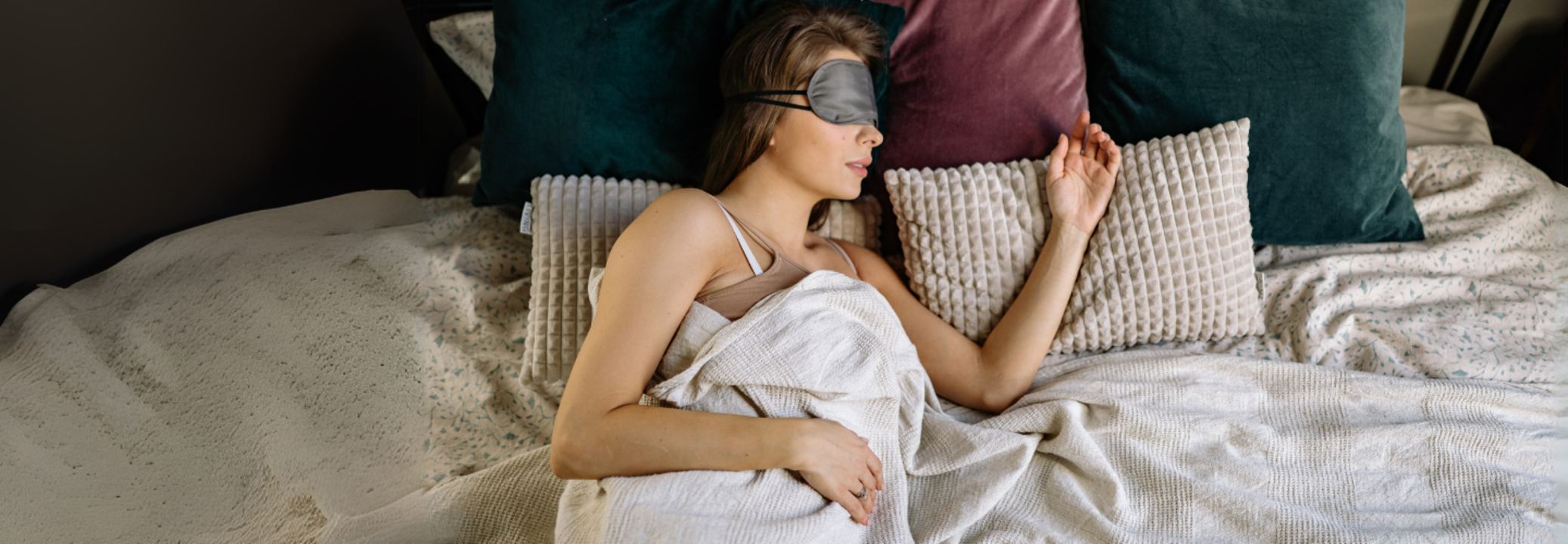Are You Sleeping In The Best Position For Your Heart's Health?

Image Credit: Canva
SummarySleeping on your side, particularly the right side, may benefit heart health and alleviate mild sleep apnea. However, prioritizing consistent, quality sleep remains more important than your specific sleep position.
End of Article
